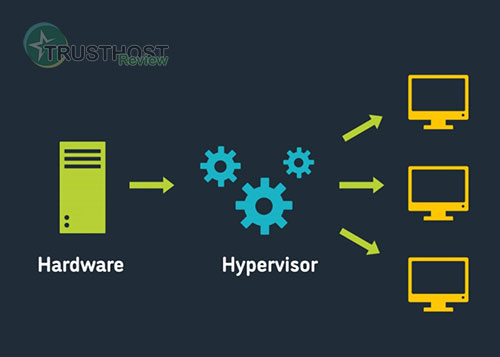A Beginner's Guide To WebAssembly
What is WebAssembly?
WebAssembly (Wasm) is a revolutionary technology that is changing the landscape of web development. At its core, it is a binary instruction format designed for execution in modern web browsers. This means that instead of relying solely on JavaScript, developers can now compile code written in various languages like C++, Rust, and C# into a format that browsers can understand and execute natively.
Think of WebAssembly as a virtual machine within your browser. It provides a sandboxed environment where code can run with near-native speed, unlocking performance levels previously unattainable with JavaScript alone.
How WebAssembly Works
- Write Code: Developers write code in languages like C++, Rust, or others that support WebAssembly compilation.
- Compile to Wasm: This code is then compiled into a binary format (.wasm) that web browsers can understand.
- Load and Execute: The compiled WebAssembly module is loaded into a web page, and the browser's JavaScript engine executes it with impressive efficiency.
Why is WebAssembly Important?
- Performance: WebAssembly's binary format and close-to-the-metal execution enable significant performance improvements, especially for computation-intensive tasks like gaming, video editing, and scientific simulations.
- Language Diversity: It breaks free from the limitations of JavaScript, allowing developers to leverage their existing skills in other languages and port complex applications to the web.
- Security: WebAssembly operates within a secure sandbox environment, preventing malicious code from harming the user's system.
Use Cases of WebAssembly
- Gaming: Bringing high-fidelity, complex games to the web with near-native performance.
- Web Applications: Building demanding web applications that require heavy computations, such as image and video editing tools.
- Serverless Computing: Running server-side code efficiently within browser environments.
- Porting Legacy Code: Bringing existing applications written in languages like C++ to the web without a complete rewrite.
WebAssembly represents a significant leap forward in web development. Its ability to deliver near-native performance, support multiple programming languages, and enhance security makes it a game-changer for the future of the web.
















